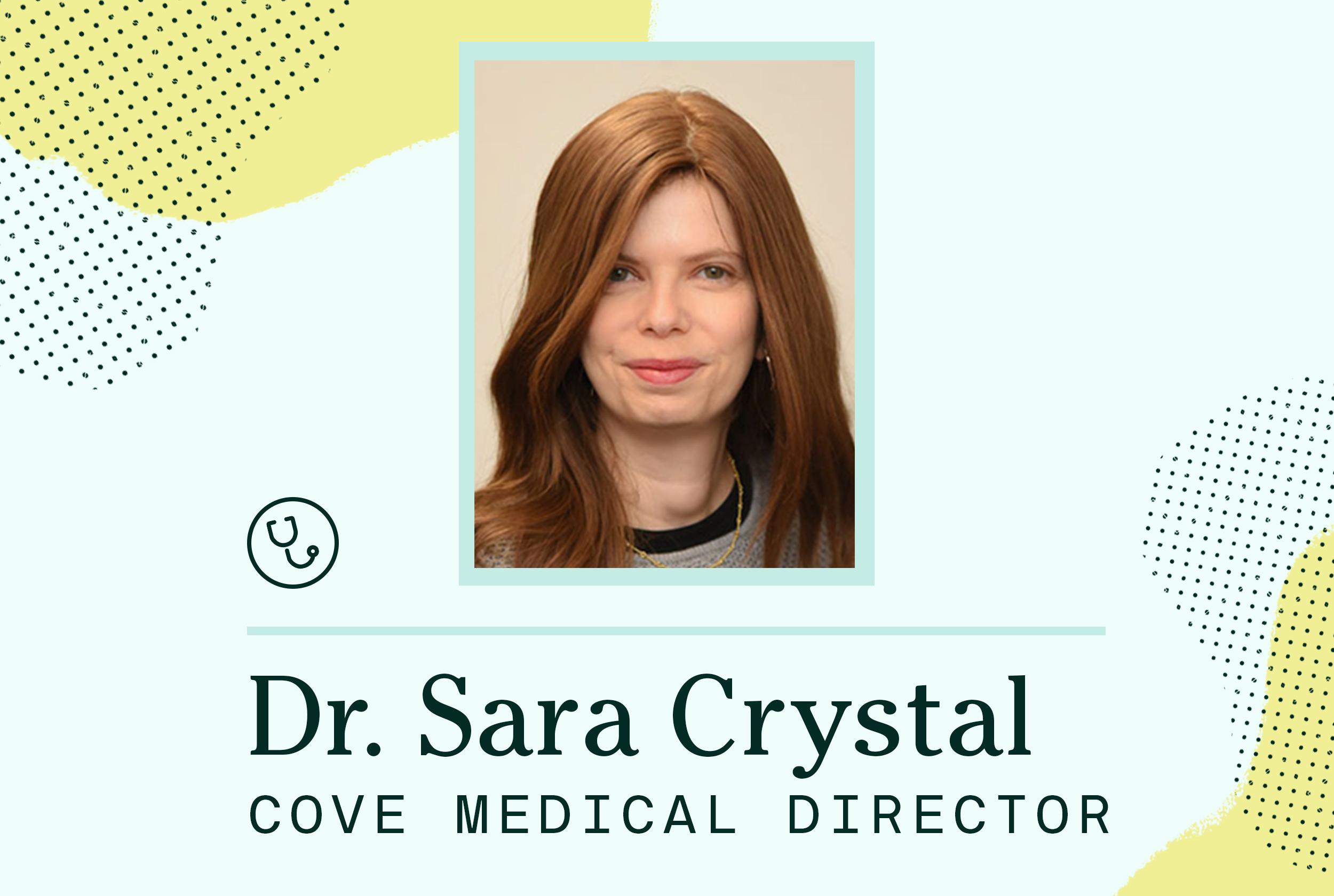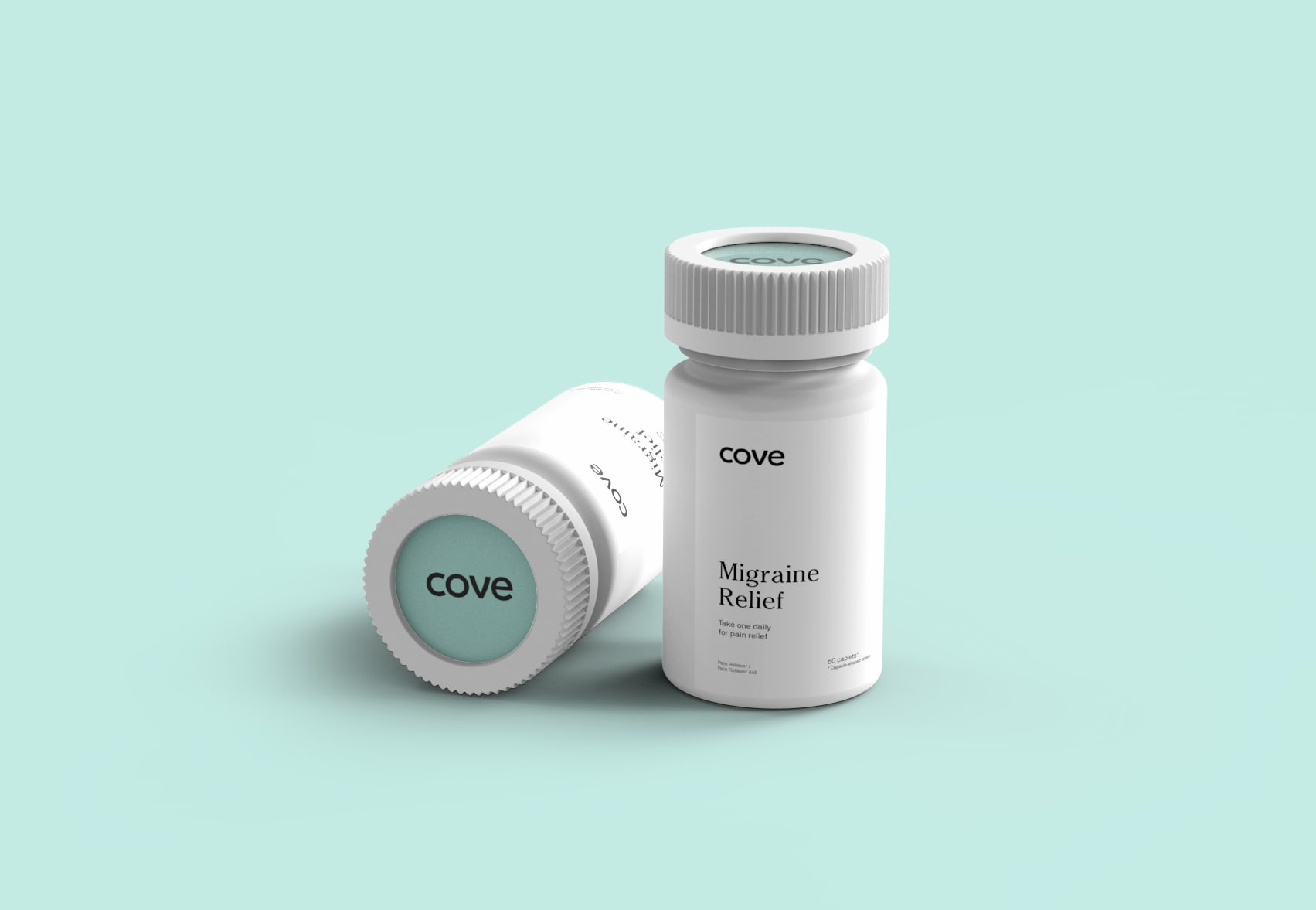Facial pain. That’s a symptom that migraine sufferers know all too well. It’s also what Dr. Sara Crystal completed her fellowship in at Montefiore Headache Center. Well, “headache and facial pain” to be exact.
When we asked her how she got on the “headache and facial pain” track, she told us about her time working as a physical therapist outside Chicago. “Working with patients after stroke and brain injury, and seeing how the brain recovers, fascinated me.”
It was that fascination that motivated her to go to medical school, complete a neurology residency, and start treating patients at the New York Headache Center. On top of that, she’s also Cove's Medical Director.
Here’s more about her background, in her own words:
What's your educational background?
I received my undergraduate degree in physical therapy (from the University of Illinois at Chicago). I worked for three years as a PT before starting medical school at Rush University in Chicago. I completed my neurology residency at NYU, serving as a chief resident, and then completed my fellowship in Headache at Montefiore/Albert Einstein.
How did you get into neurology, headaches, and migraine?
My interest in neurology was sparked when I was working as a physicial therapist. Working with patients after stroke and brain injury, and seeing how the brain recovers, fascinated me. As a neurology resident, treating patients with headaches in my clinic was the most rewarding type of encounter, because many of these patients walked out with immediate relief.
What's the most interesting migraine fact?
Migraine can occur without head pain. This is called acephalgic migraine, also referred to as silent migraine.
What's the most common question you hear from patients?
“What is causing my headaches?”
How do you answer that?
“Blame your parents.” The cause of migraine is genetic, but triggers, which lower the threshold for developing an attack, vary from person to person.
What advice would you give someone who's experiencing migraine?
Try to learn about your personal triggers so you can minimize exposure, particularly when you are most vulnerable. Keeping a diary can be very helpful.
The information provided in this article is not a substitute for professional medical advice, diagnosis, or treatment. You should not rely upon the content provided in this article for specific medical advice. If you have any questions or concerns, please talk to your doctor.


